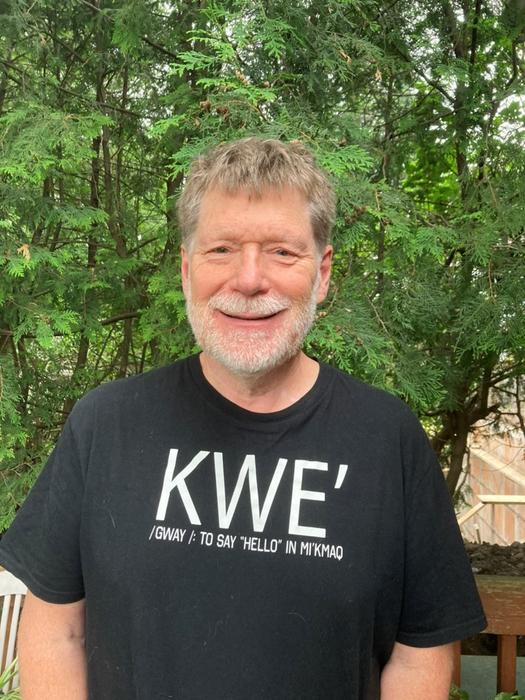The University of Ottawa’s Department of Biology made a significant contribution to the comprehensive 2024 Amphibian Conservation Action Plan (ACAP). Professor Vance L. Trudeau’s work is featured in chapter 12, “Amphibian assisted reproductive technologies and biobanking.”
The University of Ottawa’s Department of Biology made a significant contribution to the comprehensive 2024 Amphibian Conservation Action Plan (ACAP). Professor Vance L. Trudeau’s work is featured in chapter 12, “Amphibian assisted reproductive technologies and biobanking.”
The ACAP, a 381-page document created by the International Union for Conservation of Nature, includes 14 chapters bringing together over 100 experts worldwide. It serves as a unified global strategy to address the alarming decline in amphibian populations over the past several decades.
Trudeau, University of Ottawa Research Chair in Neuroendocrinology, has played a crucial role in developing captive breeding methods for endangered frogs.
“Our research on reproductive hormones has led to the development of injectable treatments that can induce sperm and egg release in numerous frog species and even the hellbender, the giant salamanders of Tennessee,” says Trudeau. “This technology is vital for conservation efforts, especially considering that, worldwide, about 40% of amphibian species are currently at risk.”
Trudeau’s contribution focuses on assisted reproductive technologies for amphibians, drawing parallels with human fertility treatments. “Just as we have hormone treatments and IVF for infertile human couples, we’ve developed similar methods for endangered frogs,” Trudeau says. “Additionally, we’re exploring biobanking strategies, such as freezing sperm, to preserve genetic material of endangered species.”
While Trudeau’s research is based at the University of Ottawa, his captive breeding methods have been successfully implemented in various countries, including the United States and Argentina.
The ACAP not only synthesizes the latest developments in amphibian conservation over the past 15 years but also identifies critical knowledge gaps and priorities for future action. This collaborative effort demonstrates that assisted reproduction techniques can be applied on a broad scale to combat the global amphibian crisis.
“It’s truly remarkable that we can now induce breeding in endangered species,” Trudeau says. “This global initiative shows that diverse groups can join forces to combat species loss.”
Learn more and read the Amphibian Conservation Action Plan.
DOI
10.2305/qwvh2717
Method of Research
Case study
Subject of Research
Animals
Article Title
Amphibian conservation action plan : a status review and roadmap for global amphibian conservation
Article Publication Date
23-Jul-2024





